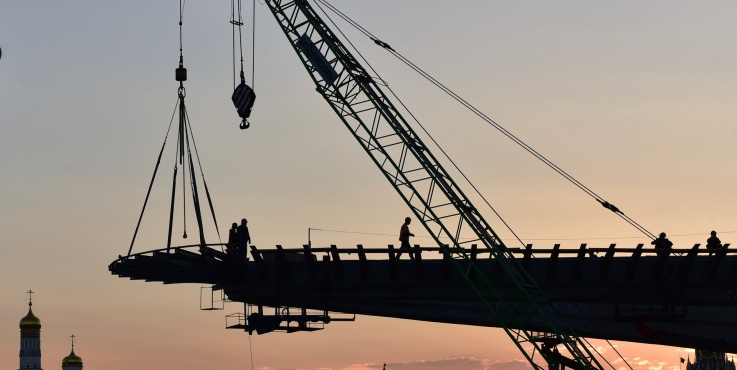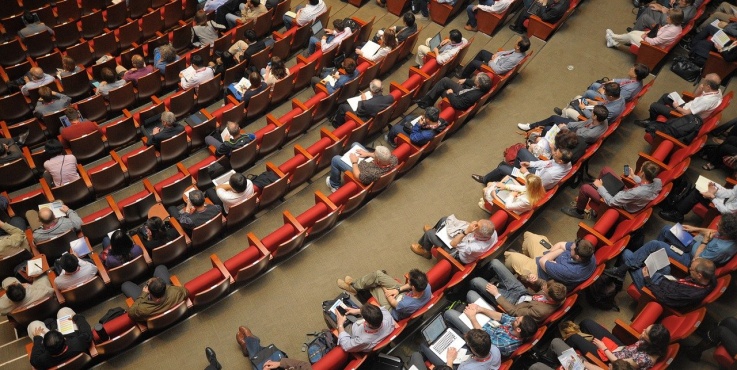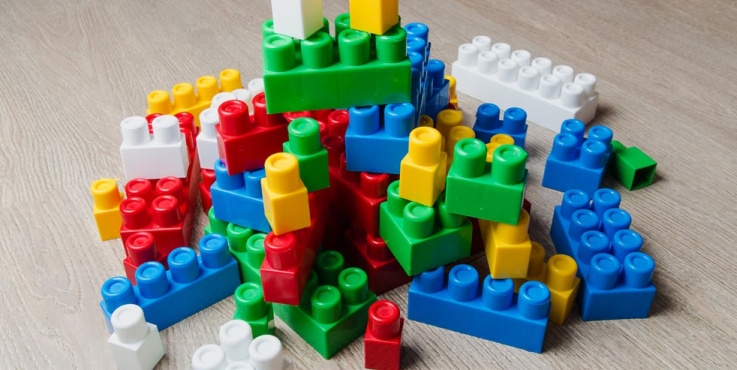Vladimir Khvalei

Arbitration Association
Moscow
General information
Vladimir Khvalei is a partner in the Moscow office of Baker & McKenzie and heads the firm’s CIS Dispute Resolution Practice Group. Mr. Khvalei is Vice-President of the ICC International Court of Arbitration and a member of the London Court of International Arbitration. Mr Khvalei is Chairman of the board of the Arbitration Association and Chairman of the Arbitration Commission of the Russian National Committee of the ICC. Vladimir serves as a Member of the Board of the International Arbitration Court at the Belarusian Chamber of Commerce and Industry, Member of the Board of the Ukrainian Arbitration Association, Member of the Polish Arbitration Association, Member of the Austrian Arbitration Association, Member of the Governing board of the International Council for Commercial Arbitration (ICCA). Vladimir is a former Vice-Chair of the IBA Arbitration Committee (2013-2014). Vladimir is included on the lists of arbitrators of arbitration institutions in Russia, Austria, Azerbaijan, Belarus, Kazakhstan, UAE, China, Hong Kong, Malaysia, Singapore, US and Israel. Mr. Khvalei is included on the list of tutors, examiners and assessors of the Chartered Institute of Arbitrators (CIArb).
Experience
Mr. Khvalei has wide experience participating in litigation in Russia, Kazakhstan, Belarus and Ukraine, as well as in international arbitration cases in accordance with the arbitration rules of the ICAC, UNCITRAL, ICC, SCC, LCIA and other arbitration institutions, both as a party counsel and arbitrator.
Acknowledgment
Since 2009 Vladimir Khvalei has constantly been recognized as one of the leading experts in dispute resolution within Russia and across the CIS by Chambers, Legal 500, PLC Which Lawyer and Who’s Who Legal. Described by clients as a “very well-known figure in the international arena,” Mr. Khvalei has been named “Lawyer of the Year” in international arbitration by Best Lawyers 2014.
 Efficiency in Construction Arbitration: Suggested Practical Tools
Efficiency in Construction Arbitration: Suggested Practical Tools
Efficiency has long been one of the main concerns of users of arbitration generally, with the cost consistently rating as the arbitration's worst feature. This is especially so in respect of construction disputes...
 Resolution of the Plenary Session of the Russian Supreme Court on Arbitration: 10 takeaways
Resolution of the Plenary Session of the Russian Supreme Court on Arbitration: 10 takeaways
Resolution No. 53 "On the carrying out of functions by courts of the Russian Federation regarding the assistance and monitoring of arbitration proceedings and international commercial arbitration"...
 Why arbitration reform in Russia failed?
Why arbitration reform in Russia failed?
The principal goal of the Russian arbitration reform was the establishment of a "normal, world-class system of arbitration", what should be understood as referring to such centers of international arbitration as England, France, Switzerland, the USA, Germany, Sweden, Singapore and Hong Kong (the countries of the "First Group"). Unfortunately, the measures introduced in Russia as a result of the arbitration reform were borrowed from the practice existing not in countries of the First Group, but in those of the Second one-Costa Rica, Ecuador, Nicaragua, Panama, Peru, Angola, Mozambique, Zambia, Uganda, Bahrain, Ukraine, Latvia and Uzbekistan.
 Russia as a place for arbitration. Survey by ICC Russia
Russia as a place for arbitration. Survey by ICC Russia
In 2011 – 2012 the Russian National Committee of the ICC conducted a survey called “Russia as a Place for Arbitration”. During the time that passed since this study, many events have occurred, including the imposition of sanctions by a number of Western countries against certain individuals and companies from Russia. In addition, an arbitration reform was carried out, and one of its goals was to strengthen Russia’s position as a possible place for international arbitration...
 Russia is now finally closed for arbitration administered by foreign institutions
Russia is now finally closed for arbitration administered by foreign institutions
The New Year 2019 came to Russian arbitration community with a new set of amendments to Russian arbitration law. The changes concerned corporate disputes, ad hoc arbitration, and procedure for obtaining licenses by institutions.
 Russia: arbitration-related developments
Russia: arbitration-related developments
The end of 2018 saw certain important changes introduced to the Law on Arbitration in Russia, which also apply to international commercial arbitration proceedings seated in Russia. The changes will take effect on March 29, 2019...
 The Prague Rules - spirit and scope of application
The Prague Rules - spirit and scope of application
In recent years the draft Prague Rules on the Efficient Conduct of Proceedings in International Arbitration ("Prague Rules", see http://praguerules.com/prague_rules/) has been hotly debated in various places across the world (see http://praguerules.com/events/). Whilst the number of supporters is growing, it is impossible to ignore also the criticism of this initiative coming from our colleagues http://praguerules.com/publications/. For instance, some opponents of the Prague Rules even call them a "little monster", regressive and dangerous.
 Russian arbitration reform, two years later
Russian arbitration reform, two years later
The Russian arbitration reform started at the end of 2015 when major changes were made to the LawOn International Commercial Arbitration ("ICA Law") and the procedural codes, and a new law on domestic arbitration was enacted.The New Arbitration Laws came into force on 1 September 2016...